The Congregation for the Doctrine of the Faith is more engaged than ever before in expanding the range of distribution of its own magisterial production. Not only has it inaugurated a new website full of documents; it has also given a mandate to Libreria Editrice Vaticana to reprint those volumes of its series “Documenti e studi” which had sold out and were therefore unavailable in stores.
The series, born in 1985, has the stated aim of “collecting in separate volumes the bilingual text of the major documents issued by the Congregation, together with an introduction by the cardinal prefect that represents their teaching in the current context, and with commentaries that illustrate their main themes.”
In this way, the Congregation wants “to fulfill its two-fold duty to promote and to protect Catholic doctrine, especially on fundamental and controversial points.”
The series was also born to “correspond to a desire” expressed by John Paul II: that of establishing “a trustful and constructive dialogue between the Roman Curia, an organism at the service of the ministry of the successor of Peter, and those — bishops, priests, faithful, and theologians — who are bound, although to varying degrees, to explore the teaching of the Church.”
The first volumes that have been reprinted, with new covers, are those concerning:
– the “Declaration on Procured Abortion” of 1974 (no. 3 of the series, published in 1998);
– current topics in eschatology (no. 5, 2000);
– the instruction Donum Vitae of 1987 (no. 12, 1990);
– the letter Communionis Notio of 1992 (no. 15, 1994); and
– the “Considerations on the Primacy of the Successor of Peter in the Mystery of the Church” of 1998 (no. 19, 2002).
But, in addition to these, another booklet has again been published that is of particular relevance. It is the one dedicated to the pastoral care of homosexual persons (no. 11 of the series), published for the first time in 1995 and containing the letter on pastoral care for homosexual persons signed on October 1, 1986, by the prefect and secretary at the time, Cardinal Joseph Ratzinger and Archbishop Albertone Bovone, after John Paul II had approved it and ordered its publication. This document is relevant because never before as in recent months has the question of homosexuality been at the center of disputes and controversies that have involved the Catholic Church — with positions that are not unanimous even at the highest levels of the hierarchy.
It should be enough to recall the recent decision in Austria of the cardinal of Vienna, Christoph Schönborn, to approve, in spite of the contrary opinion of the pastor, the election as member of a pastoral council of a homosexual cohabiting in a union recognized by the city government, and manifestly not repentant — but rather proud — of his behavior.
Or the vigorous disagreement manifested recently by the cardinal of New York, Timothy Dolan, against the public support given by President Barack Obama to the legalization of so-called “gay marriage.”
The move by Obama was all the more striking in that it came immediately after a referendum in the state of North Carolina in which the citizens voted into the constitution the classical definition of marriage as a union between a man and a woman: a definition for the support of which the field had been taken, at the age of 93, even by the charismatic evangelical leader Billy Graham, to whom Obama had gone in “pilgrimage” to receive his advice in April of 2010, continuing a presidential tradition inaugurated by Dwight Eisenhower.
In North Carolina, the constitutional definition of traditional marriage was supported by 61 percent of the voters, with more than 1.3 million votes, and opposed by 39 percent, with about 832,000 votes, even though the promoters of the amendment were able to scrape together just barely more than half of the funds raised by its adversaries: less than $1.2 million against more than $2.3 million.
In the same days, and with the same proportion of 61 percent in favor, the Methodist convention meeting in Tampa, Florida reiterated the traditional teaching of this Protestant confession, which defines homosexuality as “incompatible with Christian doctrine.”
A pronouncement in contrast with other historical Protestant denominations of the United States — the Episcopalians, the Presbyterians, the Lutherans — that in recent years have voted in favor of the admission of openly gay pastors.
Returning to the 1986 letter of the Congregation for the Doctrine of the Faith, the tendency in it is to correct a permissive interpretation on homosexuality that was given by a previous “Declaration on Some Questions of Sexual Ethics,” published by the same Congregation in 1975.
The new document establishes that the homosexual “inclination” itself “must be seen as an objective disorder.” And “therefore special concern and pastoral attention should be directed toward those who have this condition, lest they be led to believe that the living out of this orientation in homosexual activity is a morally acceptable option.”
The 1986 letter warns that “there is an effort in some countries to manipulate the Church by gaining the often well-intentioned support of her pastors with a view to changing civil-statutes and laws,” in such a way as to make it conform to “pressure groups” according to which “homosexuality is at least a completely harmless, if not an entirely good, thing.”
In the presentation of the 1986 letter, written by then-Cardinal Ratzinger nine years later in 1995 — reproduced in part on the following pages — it is explained that this was conceived precisely because “ways of thinking were being spread more and more that brought sound doctrine on homosexuality into question and made more difficult the pastoral care of homosexual persons.”
And “the influence of such currents,” the prefect of the Congregation noted 17 years ago, “has not diminished” since the publication of the document. On the contrary, it has continued to grow, “above all in the United States of America and in Europe,” to the point of confirming even more “the relevance of the letter.”
A relevance that has never been lacking, so much so that Libreria Editrice Vaticana has now republished the 1995 booklet.
Among the commentaries republished is that of Jesuit Father Maurice Gilbert, a prominent biblicist, who highlights the fact that in the New Testament, St. Paul “declares that homosexuality is incompatible with an authentic Christian life,” thereby reiterating a teaching “in conformity with and also in reference to that of the Old Testament.”
With the verve that sets him apart, Cardinal Giacomo Biffi has also come back to this issue recently, taking a dig at those who love to spout citations from the Sacred Scriptures but intentionally forget the words of St. Paul about homosexuality.
The elderly but still lively Cardinal Biffi does not mention any names.
But recently, for example in the book Credere e conoscere (“Believe and know”) written by Senator Ignazio Marino and Cardinal Carlo Maria Martini, the Jesuit cardinal, a renowned biblicist, makes no reference to what St. Paul says on the topic.
In reality, the Church has always considered homosexuality among the most serious sins, while still maintaining the distinction between sin and sinner, the former always to be condemned and the latter always to be treated with mercy.
In the famous Catechismo Maggiore (“Major Catechism”) of St. Pope Pius X, published in 1905, in the answer to question 966, homosexuality is listed as the second of the four “sins that cry out to heaven for vengeance”: “voluntary homicide”; the “impure sin against the order of nature”; the “oppression of the poor”; “defrauding a laborer of his just wage.”
And the new Catechism of the Catholic Church published in 1992 and in the official Latin version in 1997 does no less.
In paragraph 1867 it reiterates that “the catechetical tradition also recalls that there are ‘sins that cry to heaven’” and it continues, in biblical language: “The blood of Abel, the sin of the Sodomites, the cry of the people oppressed in Egypt, the cry of the foreigner, the widow, and the orphan, injustice to the wage earner.” m
This unsigned piece appeared in the weekly service of Sandro Magister, an Italian Vaticanist who writes a weekly report which is posted here.

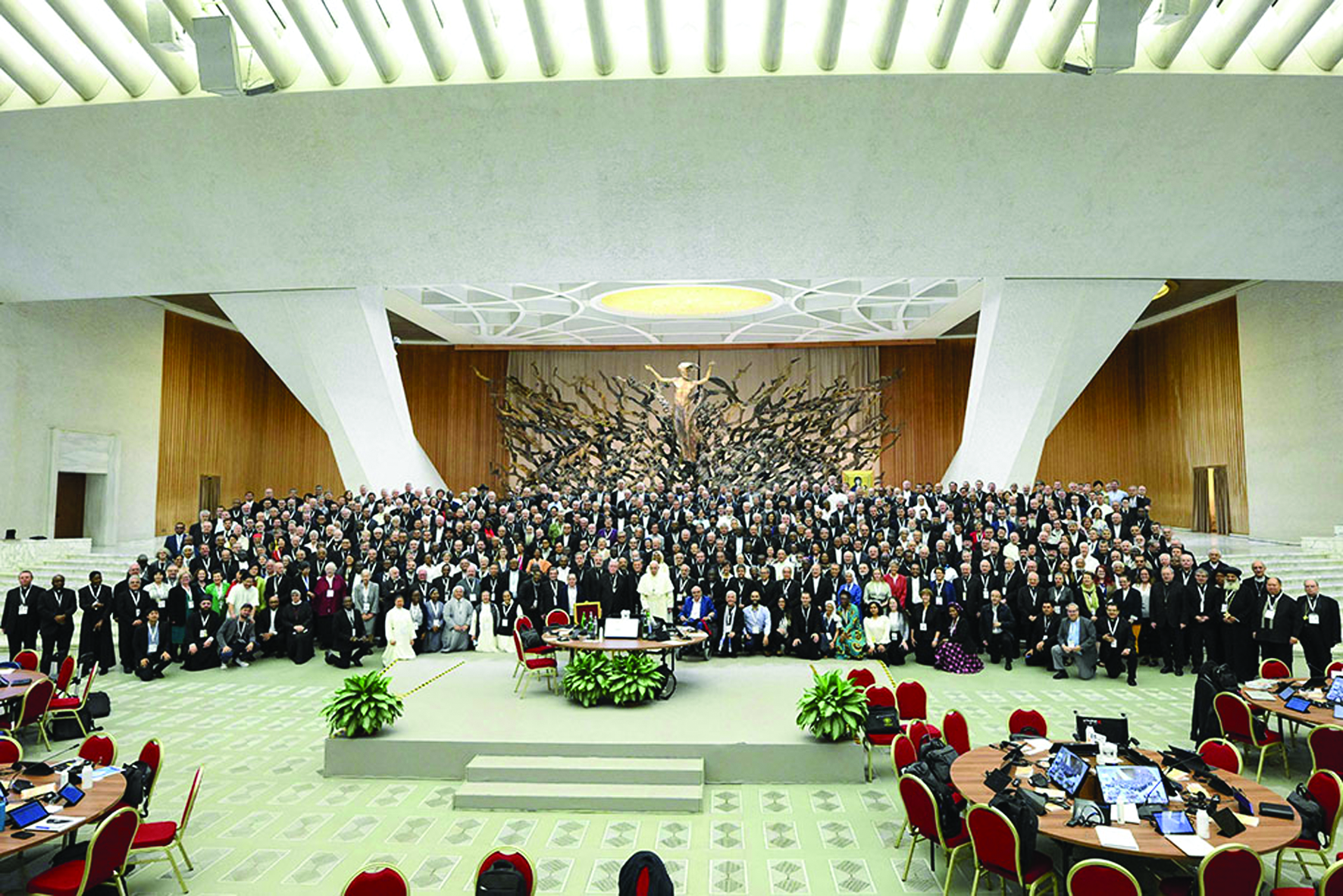
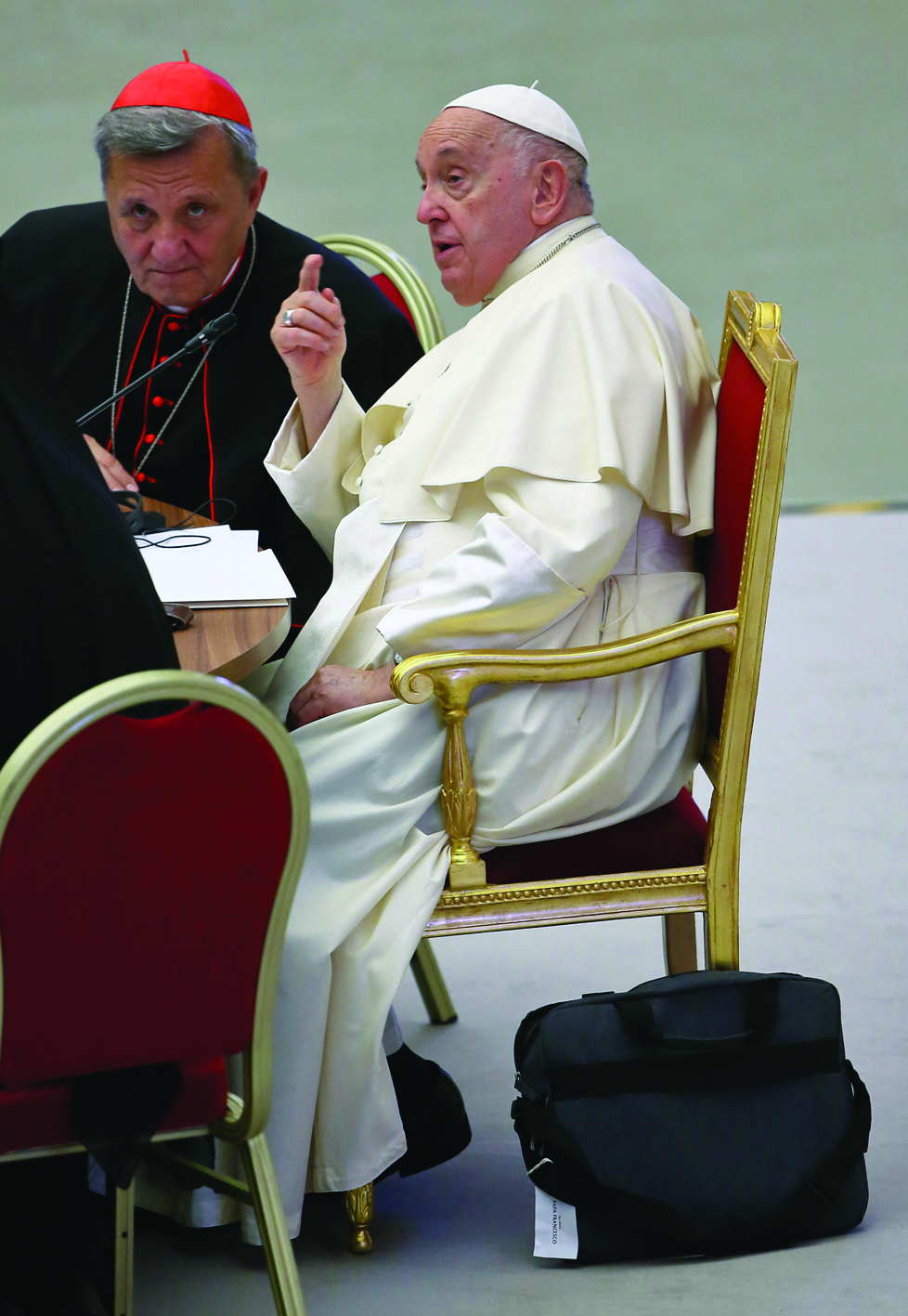
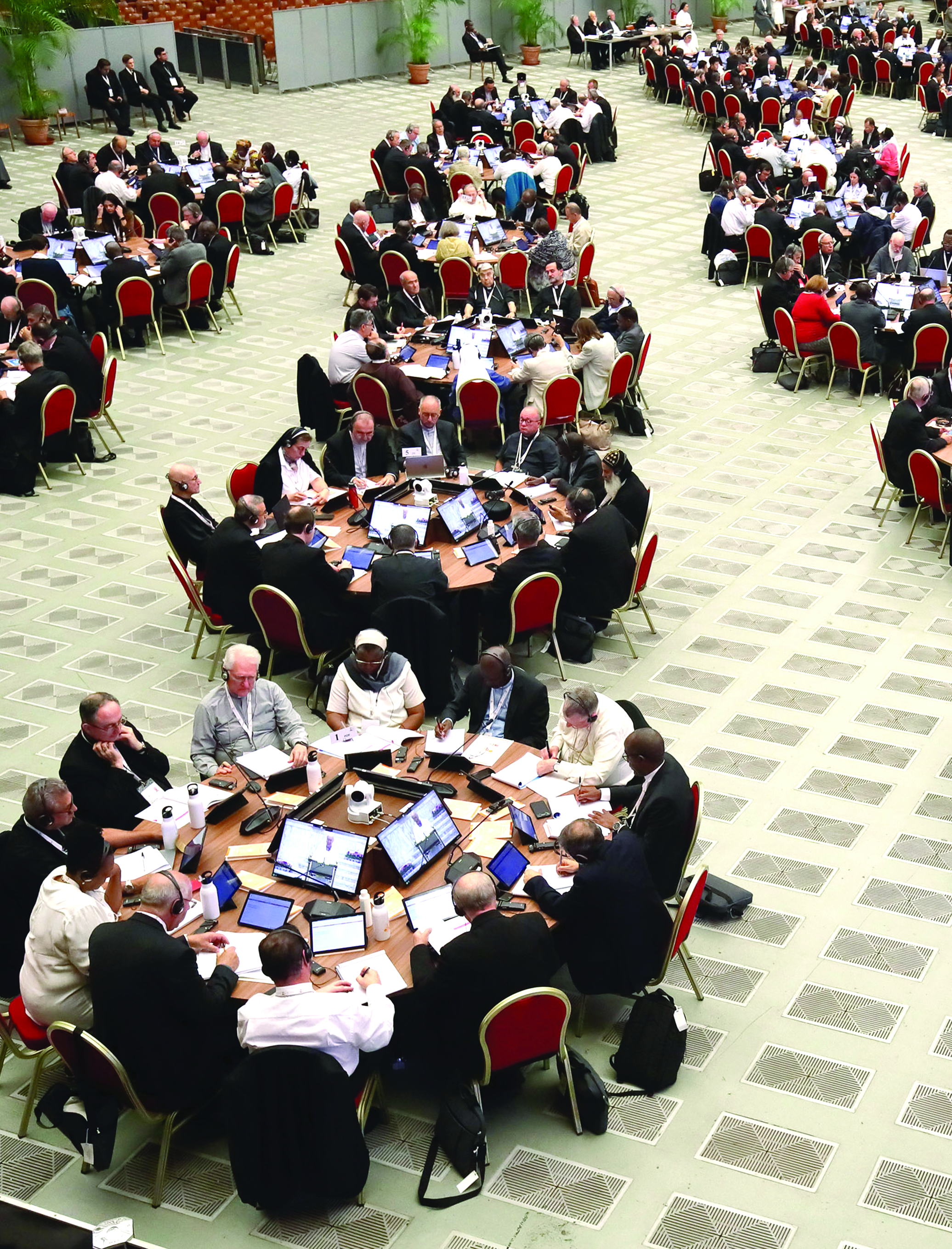
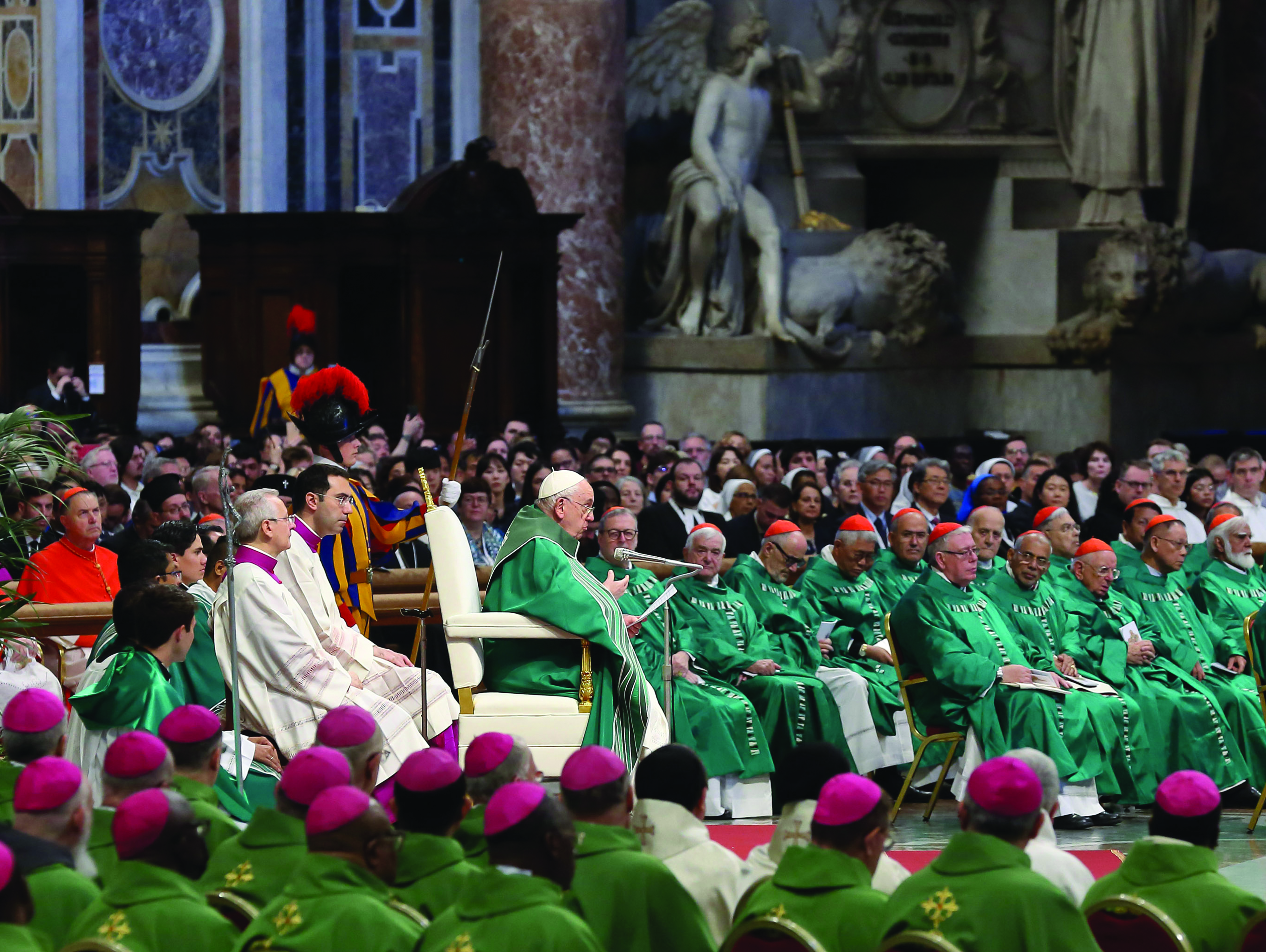
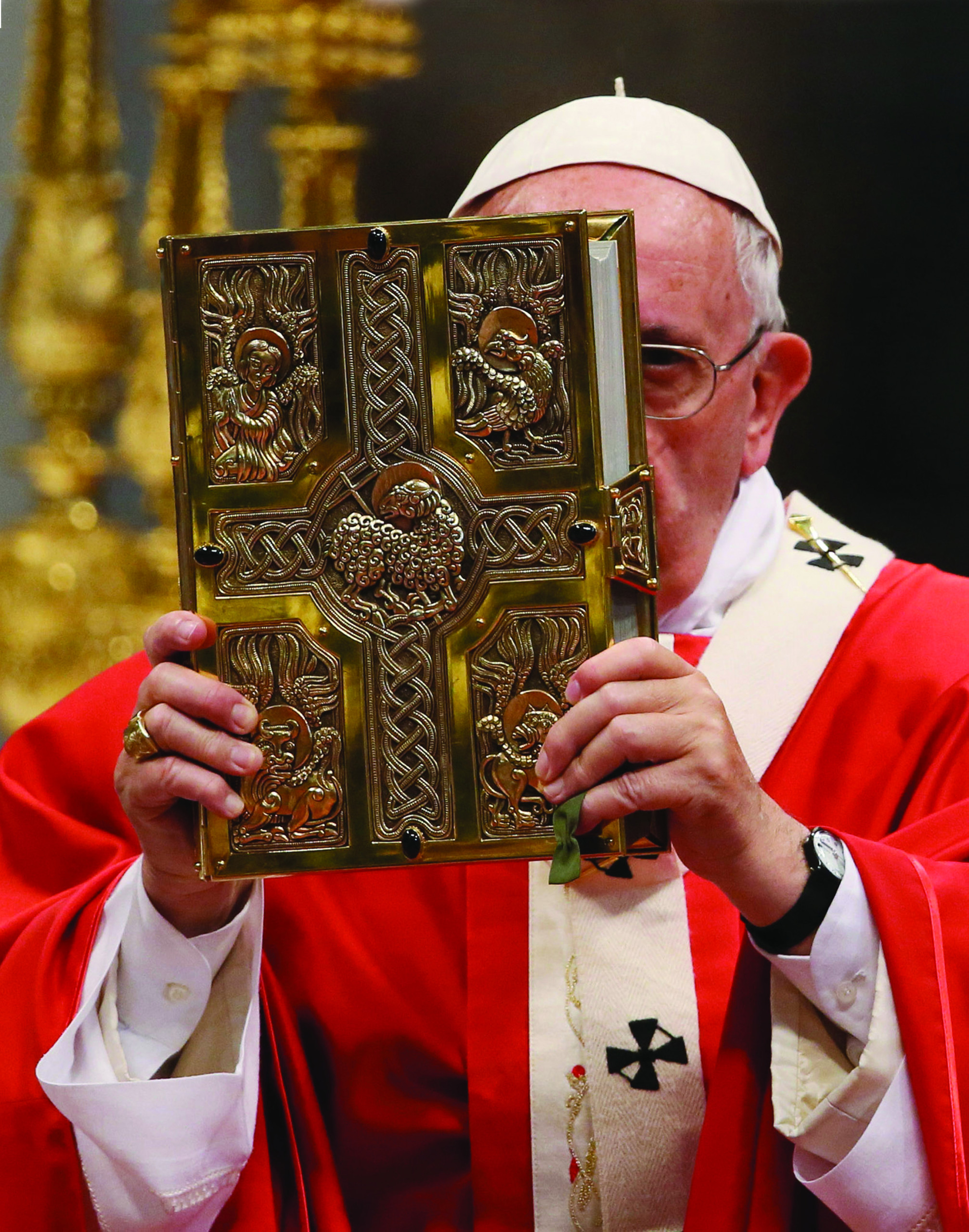
Facebook Comments